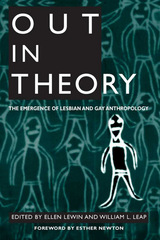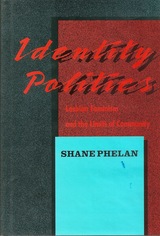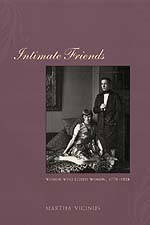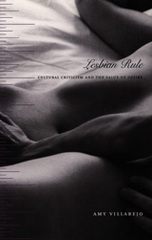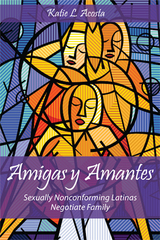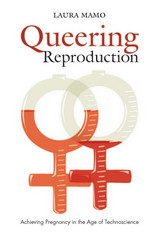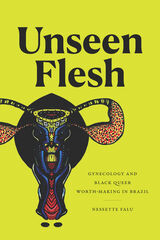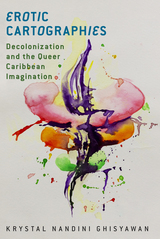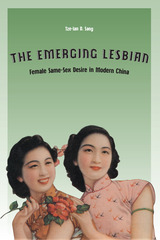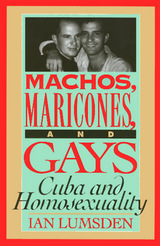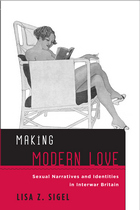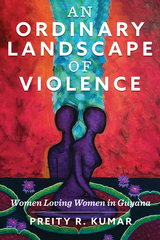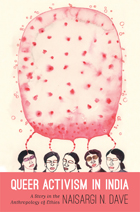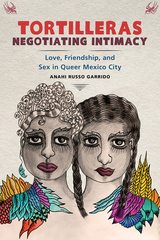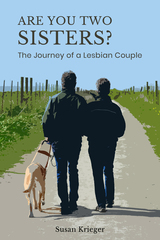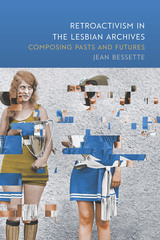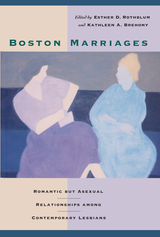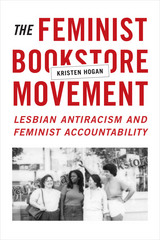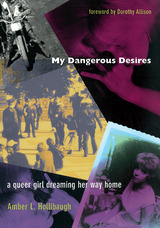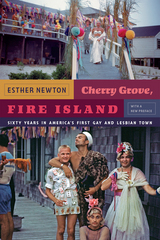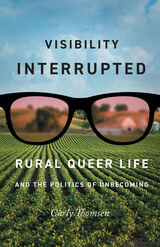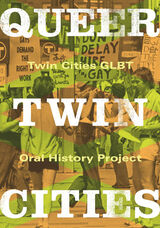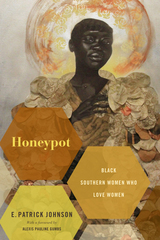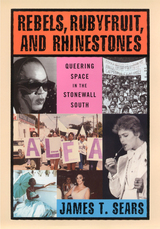Citizen, Invert, Queer: Lesbianism and War in Early Twentieth-Century Britain
University of Minnesota Press, 2010
Cloth: 978-0-8166-4975-4 | Paper: 978-0-8166-4976-1
Library of Congress Classification HQ75.6.G7C57 2010
Dewey Decimal Classification 306.766309410904
Cloth: 978-0-8166-4975-4 | Paper: 978-0-8166-4976-1
Library of Congress Classification HQ75.6.G7C57 2010
Dewey Decimal Classification 306.766309410904
ABOUT THIS BOOK | AUTHOR BIOGRAPHY | TOC
ABOUT THIS BOOK
In late nineteenth-century England, “mannish” women were considered socially deviant but not homosexual. A half-century later, such masculinity equaled lesbianism in the public imagination. How did this shift occur? Citizen, Invert, Queer illustrates that the equation of female masculinity with female homosexuality is a relatively recent phenomenon, a result of changes in national and racial as well as sexual discourses in early twentieth-century public culture.
Incorporating cultural histories of prewar women’s suffrage debates, British sexology, women’s work on the home front during World War I, and discussions of interwar literary representations of female homosexuality, Deborah Cohler maps the emergence of lesbian representations in relation to the decline of empire and the rise of eugenics in England. Cohler integrates discussions of the histories of male and female same-sex erotics in her readings of New Woman, representations of male and female suffragists, wartime trials of pacifist novelists and seditious artists, and the interwar infamy of novels such as Radclyffe Hall’s The Well of Loneliness and Virginia Woolf’s Orlando.
By examining the shifting intersections of nationalism and sexuality before, during, and after the Great War, this book illuminates profound transformations in our ideas about female homosexuality.
See other books on: Citizen | Lesbian Studies | Lesbianism | War and society | World War, 1914-1918
See other titles from University of Minnesota Press

